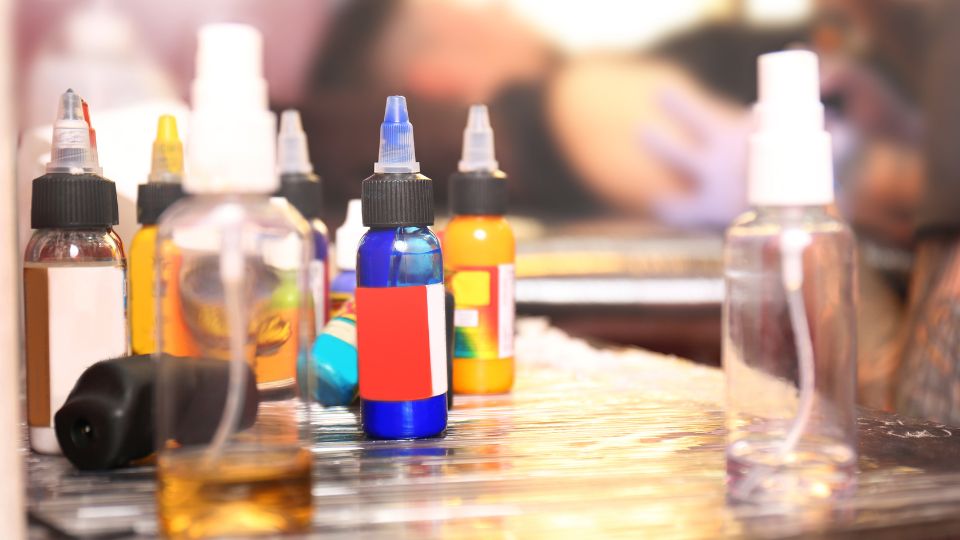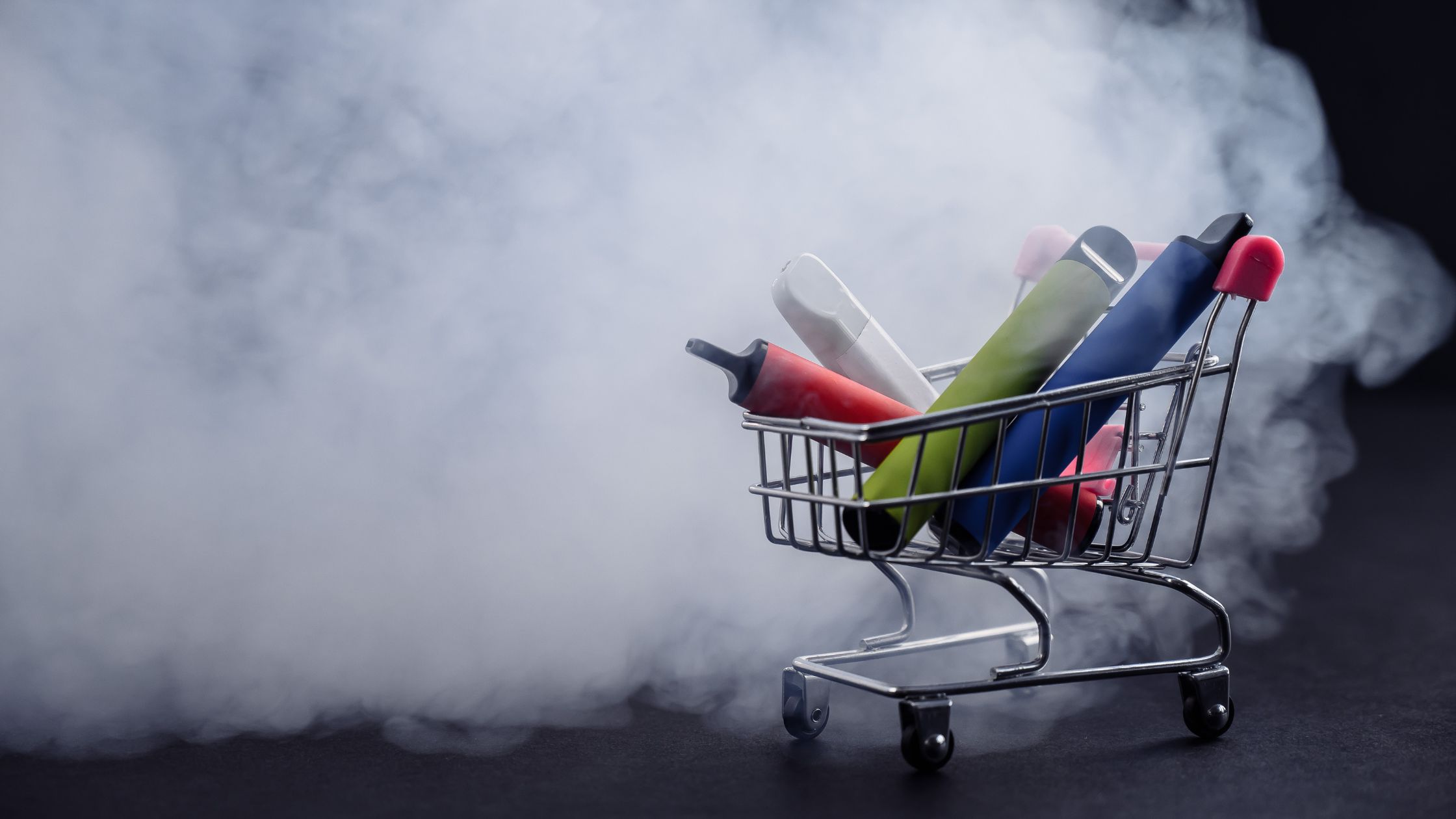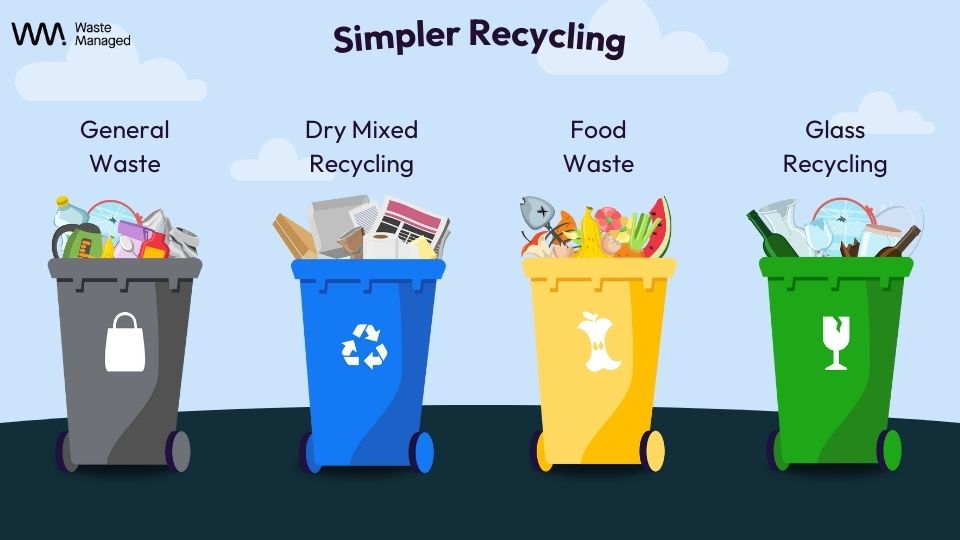
Tattooing generates various types of waste, including sharps, clinical waste, and general refuse, all of which are subject to distinct legal requirements.
This guide provides an overview of the legislation surrounding tattoo waste and outlines what studio owners need to know to remain compliant.
Table of Contents:
Key Legislation and Regulations
Several key pieces of legislation govern the disposal of tattoo waste in the UK:
Environmental Protection Act 1990
This Environmental Protection Act 1990 places a duty of care on businesses to manage their waste responsibly. For tattoo studios, this means:
- Safe Storage: Sharps and clinical waste must be stored securely to prevent accidents and contamination.
- Accurate Descriptions: Waste transfer notes must accurately describe the waste type and its quantity.
Controlled Waste Regulations 2012
The Controlled Waste Regulations 2012 Act says that tattoo studios must categorise and manage clinical waste separately from general waste. These regulations specify:
- Separate Collection: Clinical waste must be collected and disposed of separately from other types of waste.
- Licensed Disposal: Clinical and sharps waste must be handled by licensed waste carriers and disposed of at authorised facilities.
The Health and Safety at Work etc. Act 1974
The Health and Safety at Work etc. Act 1974 requires employers to ensure the health and safety of their employees, including those handling tattoo waste. Key obligations include:
- Training: Staff must be trained in the safe handling and disposal of tattoo waste.
- PPE: Provide appropriate personal protective equipment to employees handling waste.
The Hazardous Waste (England and Wales) Regulations 2005
The Hazardous Waste (England and Wales) Regulations 2005 states that tattoo studios producing more than 500 kg of hazardous waste per year must:
- Register as a Hazardous Waste Producer: This involves notifying the Environment Agency and maintaining records of waste production and disposal.
- Use Consignment Notes: Track the movement of hazardous waste from the studio to the disposal site.
The Carriage of Dangerous Goods and Use of Transportable Pressure Equipment Regulations 2009
The Carriage of Dangerous Goods and Use of Transportable Pressure Equipment Regulations 2009 regulations apply to the transport of dangerous goods, including certain types of tattoo waste. Ensure that:
- Proper Packaging: Waste is packaged and labelled correctly for safe transport.
- Licensed Carriers: Use waste carriers who are licensed to handle and transport hazardous materials.

Steps for Compliance
Conduct a Waste Audit
Identify and classify the types and quantities of waste your studio generates. This will help you understand your legal obligations and the correct disposal methods.
Separate and Store Waste Appropriately
- Sharps Waste: Use dedicated sharps containers that meet British Standards (BS 7320). Ensure these containers are puncture-resistant and leak-proof.
- Clinical Waste: Store in clinical waste bags or containers that are clearly labelled with the biohazard symbol.
- General Waste: Use standard refuse bins and ensure they are regularly emptied.
Engage a Licensed Waste Carrier
- Clinical Waste: Arrange for collection by a licensed waste carrier who specialises in clinical waste.
- Sharps Waste: Similarly, use a licensed service for sharps disposal.
Maintain Accurate Records
Keep records of all waste transfers, including waste transfer notes and consignment notes for hazardous waste. These records should be retained for at least three years.
Provide Staff Training
Ensure all staff are trained in the safe handling, storage, and disposal of tattoo waste. Regularly update training to cover any changes in legislation or best practices.
Implement Safe Systems of Work
Establish procedures for managing waste in a way that minimises the risk of injury and contamination. This includes proper disposal methods, use of PPE, and emergency procedures for handling spills or accidents.
Penalties for Non-Compliance
Failure to comply with waste disposal regulations can result in serious consequences, including:
- Fines: Substantial financial penalties for breaches of legislation.
- Imprisonment: In severe cases, legal action may result in custodial sentences.
- Business Impact: Damage to reputation and potential loss of business due to regulatory non-compliance.
Conclusion
Effective tattoo waste management is essential for compliance with UK legislation and for ensuring the safety of both staff and clients.
By understanding and adhering to the relevant laws and best practices, tattoo studio owners can avoid legal pitfalls, protect the environment, and maintain a safe and hygienic working environment.








